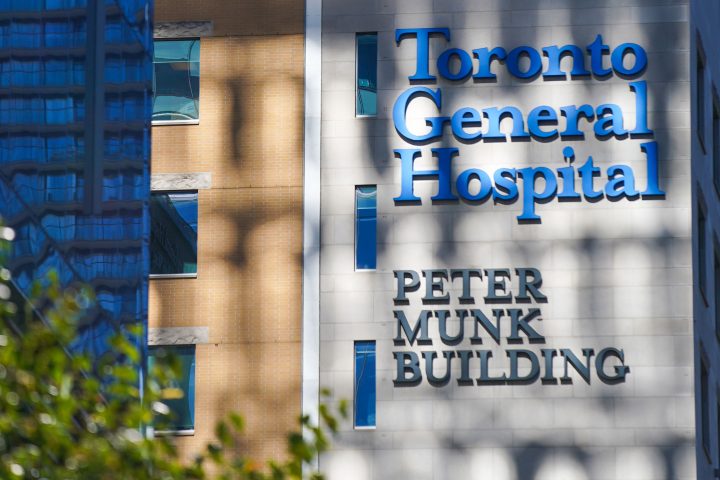TORONTO — An Ontario nurses union says it fears health-care staffing shortages may worsen in the Toronto area after a hospital network in the city had to use nursing students and medical residents to backstop an emergency department over the weekend.

The University Health Network said Monday that it was in a “very tight situation for staffing over the weekend” and an ER was supported by staff across different units, including medical residents, personal support workers and nursing students.
UHN also said inpatient units expedited discharges and worked to quickly admit patients from the ER to wards.
Cathryn Hoy, president of the Ontario Nurses’ Association, said it was “shocking” that a Toronto hospital had to call for backup to keep its ER open, noting that recent temporary ER closures have been largely concentrated in rural areas.
“It’s a Band-Aid. It tells me that it’s the tip of the iceberg and we’re in trouble,” Hoy said in an interview on Monday.
UHN runs two ERs _ at Toronto General and Toronto Western hospitals _ but did not say which one was affected over the weekend.
The staffing crunch at the hospital network comes after smaller hospitals in Perth, Alexandria, Clinton, Listowel and Wingham have had to shut their ERs for hours or even days in recent weeks, with administrators citing staff shortages.
Hoy said the province is struggling to retain nurses, who she said are burned out after more than two years on the pandemic’s front lines and frustrated by legislation that caps their pay increases at one per cent.

Get weekly health news
She expects staffing pressures will only build at ERs across Toronto in the weeks to come. And those challenges may be exacerbated the upcoming long weekend, when ERs typically see an increase in visits, she said.
“(Hospitals) can’t depend on putting these pleas for help out because … they’re going to continue to burn out,” she said of nurses.
The nurses union wants the government to scrap the pay-cap legislation and fast-track licensing for internationally trained nurses, among other measures.
UHN acknowledged this weekend’s solutions were short-term fixes. The network said it was focused on “longer-term solutions,” including international recruitment and digital health solutions.

Dr. James Maskalyk, an emergency physician at St. Michael’s Hospital and assistant professor at the University of Toronto, said UHN’s temporary response seemed to be effective and showed “a certain amount of creativity.”
But, he warned, it was not sustainable and risked taxing other parts of the hospital system.
“The nurses are the experts,” he said. And anything “less than their expertise,” such as students or health-care staff from other units, could mean “patients may not get expeditious care in a way that it is in the hands of an expert.”
The Ontario government has said it’s working to address health-care workforce capacity, including with lump-sum retention bonuses and funds to recruit nurses to target specific areas of the province.
Premier Doug Ford has also recently said he would take inflation into consideration during upcoming contract negotiations with the health-care sector.







Comments
Want to discuss? Please read our Commenting Policy first.